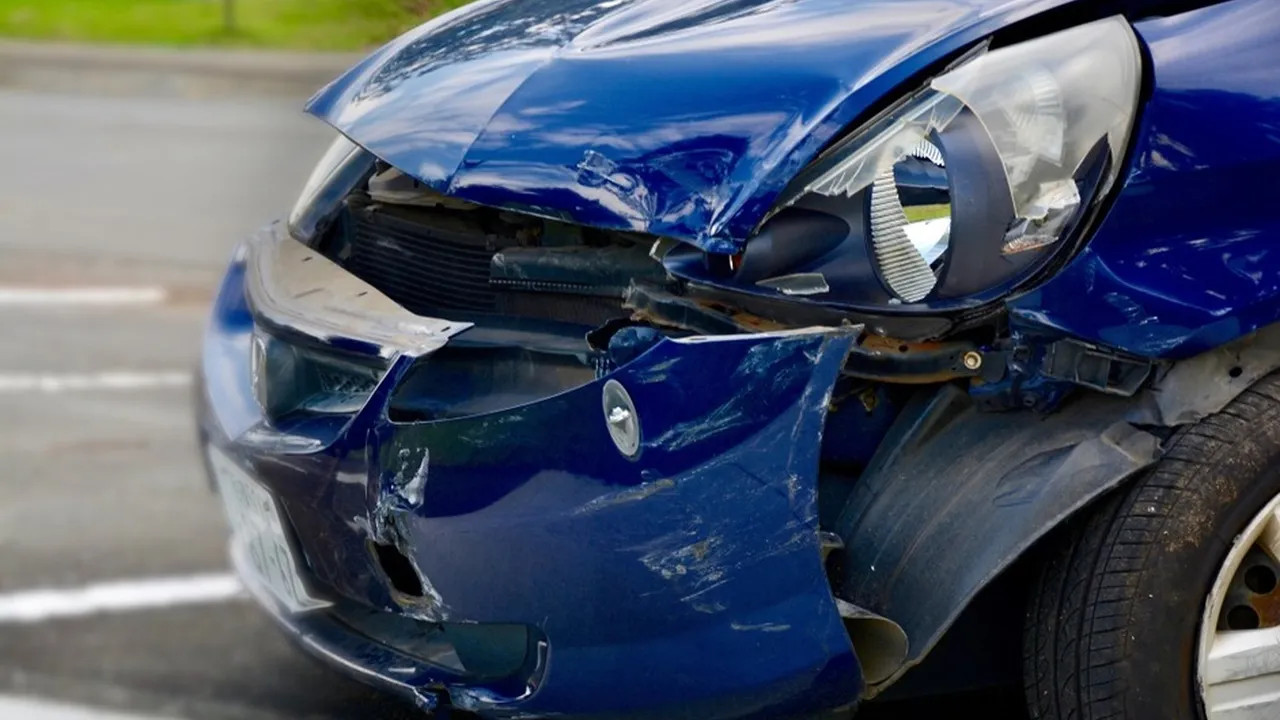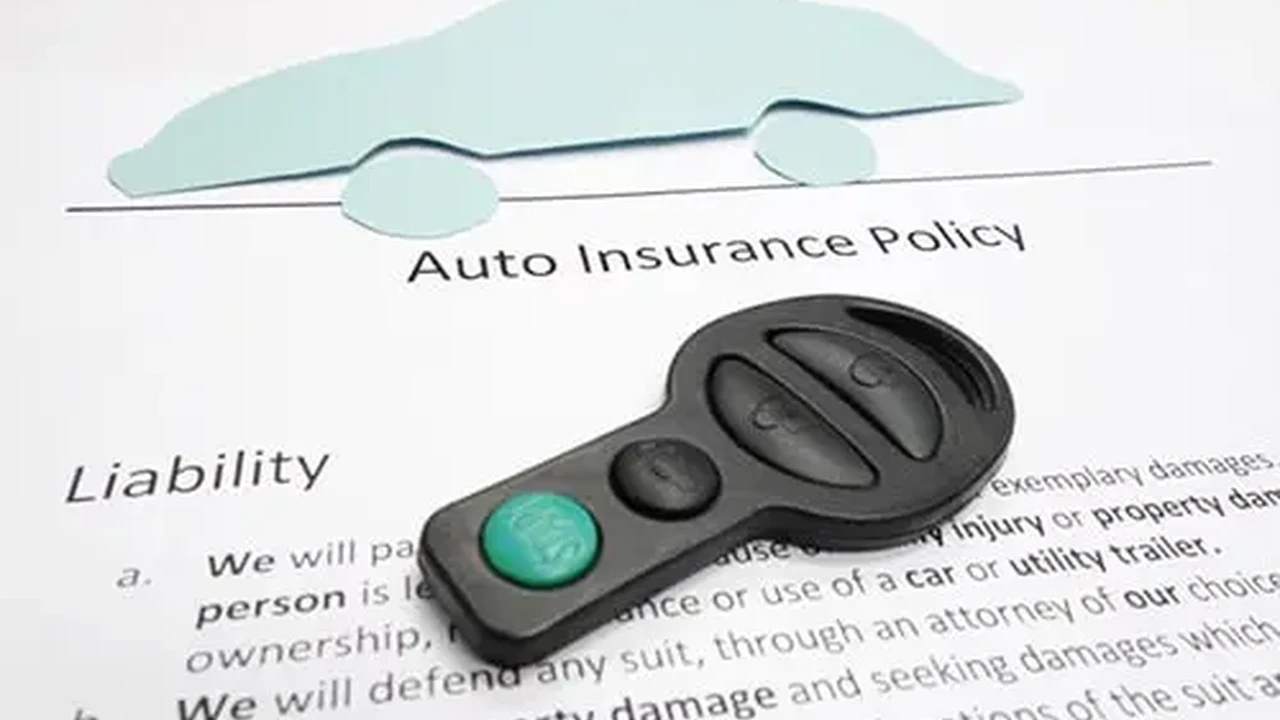Classic Car Insurance: Protecting Your Vintage Vehicle

So, you've got a classic car, huh? Something special, a real head-turner. Not just transportation, it's a passion, an investment, maybe even a family heirloom. You wouldn’t treat it like your everyday commuter car, would you? That's where classic car insurance comes in. Forget the run-of-the-mill auto insurance, we're talking about specialized coverage for your pride and joy.
Why Classic Car Insurance Is Different The Unique Needs of Vintage Vehicles
Regular car insurance? It's designed for cars that depreciate in value. Your classic, on the other hand, could be appreciating faster than your 401k (okay, maybe not that fast, but you get the idea). Classic car insurance recognizes this. It's tailored to the unique needs and risks associated with owning a vintage vehicle. Think about it: you're probably not driving it every day, you're likely storing it carefully, and replacement parts can be rare and expensive.
Understanding Agreed Value Classic Car Insurance Policies Explained
This is HUGE. With standard insurance, you're dealing with "actual cash value," which means depreciation. Classic car insurance usually offers "agreed value." This means you and the insurance company agree on the car's value upfront. If something happens, that's the amount you'll receive (minus your deductible, of course). Get an appraisal! Don't lowball yourself. Research comparable sales. This is your chance to get your car properly valued.
Coverage Options For Classic Cars Protecting Your Investment
Just like regular car insurance, you'll find various coverage options. Here’s a rundown:
- Liability Coverage: Covers damages you cause to others. Absolutely essential.
- Collision Coverage: Covers damage to your car from an accident, regardless of fault.
- Comprehensive Coverage: Covers damage from things other than accidents, like theft, vandalism, fire, or even hail.
- Uninsured/Underinsured Motorist Coverage: Protects you if you're hit by someone without insurance or with inadequate coverage.
- Spare Parts Coverage: This is a big one for classic cars. Covers the cost of those hard-to-find parts.
- Trip Interruption Coverage: If your car breaks down far from home during a show or event, this can cover lodging and transportation.
Classic Car Insurance Companies Reviews and Recommendations
Alright, let’s get down to brass tacks. Who are the big players in the classic car insurance game? Here are a few to consider:
- Hagerty: Probably the best-known name in classic car insurance. They offer excellent coverage, including guaranteed value, spare parts coverage, and roadside assistance specifically for classic cars. They also have a great community and resources for classic car enthusiasts.
- American Collectors Insurance: Another solid option with agreed value coverage, flexible usage options, and knowledgeable representatives.
- Grundy Insurance: They specialize in collector vehicles and offer agreed value policies with no mileage restrictions.
- State Farm (with Collector Car Endorsement): If you already have State Farm, this might be a convenient option. They offer a collector car endorsement that provides agreed value coverage. However, it's crucial to understand the limitations and ensure it truly meets your needs.
Comparing Classic Car Insurance Providers Price Points and Policy Details
Let’s break down a hypothetical comparison. Imagine you have a beautifully restored 1967 Mustang Fastback. Here’s how different companies might stack up (these are just examples, get your own quotes!):
Hagerty:
- Agreed Value: $60,000
- Annual Premium: $800
- Deductible: $500
- Key Features: Guaranteed Value, Spare Parts Coverage, Roadside Assistance for Classics, Limited Mileage (e.g., 5,000 miles per year).
- Usage Scenario: Perfect for someone who primarily uses their classic for shows, club events, and occasional weekend drives.
American Collectors Insurance:
- Agreed Value: $60,000
- Annual Premium: $750
- Deductible: $250
- Key Features: Agreed Value, Flexible Usage (slightly higher mileage allowance than Hagerty), Knowledgeable Representatives.
- Usage Scenario: Good for someone who wants a bit more flexibility in their driving habits.
Grundy Insurance:
- Agreed Value: $60,000
- Annual Premium: $900
- Deductible: $1000
- Key Features: Agreed Value, No Mileage Restrictions, Specialized Claims Handling.
- Usage Scenario: Ideal if you plan to drive your classic more frequently or even use it for longer trips.
State Farm (Collector Car Endorsement):
- Agreed Value: $60,000
- Annual Premium: $650
- Deductible: $500
- Key Features: Agreed Value (verify this is true agreed value, not "stated value"), Convenience of bundling with other policies.
- Usage Scenario: Suitable if you prioritize convenience and are already a State Farm customer. Be sure to carefully review the policy details and ensure it offers the same level of protection as a specialist insurer.
Factors Affecting Classic Car Insurance Rates A Detailed Breakdown
Several factors influence how much you'll pay for classic car insurance:
- Agreed Value: Higher value, higher premium.
- Mileage: Lower mileage, lower premium.
- Storage: Garaged cars are cheaper to insure than those parked on the street.
- Driving Record: Clean driving record, lower premium (duh!).
- Location: Some locations are more prone to theft or natural disasters, which can increase premiums.
- Security Features: Alarm systems, GPS tracking devices, etc., can lower premiums.
- Club Memberships: Some insurers offer discounts to members of classic car clubs.
Tips For Getting The Best Classic Car Insurance Rates Maximizing Your Savings
Want to save some dough on your classic car insurance? Here are a few tips:
- Shop Around: Get quotes from multiple insurers. Don't just settle for the first one.
- Increase Your Deductible: A higher deductible means a lower premium. Just make sure you can afford to pay it if you have a claim.
- Limit Your Mileage: If you don't drive your classic often, opt for a policy with limited mileage.
- Install Security Features: An alarm system or GPS tracking device can deter theft and lower your premium.
- Join a Classic Car Club: Many insurers offer discounts to club members.
- Bundle Your Policies: If you have other insurance policies (home, auto), you might get a discount by bundling them with the same insurer.
- Maintain Your Car: A well-maintained car is less likely to break down or be involved in an accident.
Real-Life Classic Car Insurance Claim Scenarios Learning From Others
Let's look at some real-world scenarios to see how classic car insurance can come into play:
- The Hailstorm: A hailstorm damages the body of a meticulously restored 1957 Chevy Bel Air. Classic car insurance covers the cost of repairs using specialized restoration shops and original parts.
- The Garage Fire: A fire breaks out in a garage, damaging a classic Porsche 911. The insurance policy covers the cost of repairing or replacing the car, depending on the extent of the damage.
- The Theft: A rare 1965 Shelby Cobra is stolen from a car show. The agreed value policy ensures the owner receives the full agreed-upon value of the car.
- The Fender Bender: A minor fender bender damages the fender of a classic Jaguar E-Type. The insurance policy covers the cost of repairing the damage using original parts and a skilled body shop.
The Future of Classic Car Insurance Trends and Predictions
What's on the horizon for classic car insurance?
- Increased Focus on Electric Classics: As electric conversions become more popular, insurers will need to adapt their policies to address the unique risks and values of these vehicles.
- Data-Driven Pricing: Insurers may start using more data to assess risk and determine premiums, such as telematics data from tracking devices.
- Online Platforms: Expect more online platforms that make it easier to compare quotes and manage your policy.
- Specialized Coverage for Self-Driving Classics (Eventually!): Okay, maybe not quite yet, but as technology advances, we might see specialized coverage for classic cars with autonomous driving features.
Classic Car Insurance For Different Types of Vintage Vehicles
The type of classic car you own can impact your insurance needs:
- Muscle Cars: High performance and potential for reckless driving can lead to higher premiums.
- Antique Cars: Often have lower mileage and are used primarily for shows, which can result in lower premiums.
- Exotic Cars: Rare and expensive parts can significantly increase insurance costs.
- Trucks: Classic trucks are becoming increasingly popular, and their insurance needs are similar to those of classic cars.
Classic Car Insurance and Restoration Projects Protecting Your Investment During the Process
Restoring a classic car is a labor of love. Make sure you have insurance during the restoration process! Look for policies that cover:
- Damage to the car while it's being restored.
- Theft of parts or tools.
- Liability if someone is injured while working on the car.
Classic Car Insurance For Shows and Events Ensuring Coverage on the Road
Driving your classic to shows and events? Make sure your policy covers:
- Trip interruption.
- Damage during transport.
- Liability at the event.
Avoiding Common Classic Car Insurance Mistakes Expert Advice
Don't make these mistakes!
- Underinsuring Your Car: Get an accurate appraisal and ensure your agreed value reflects the true worth of your vehicle.
- Not Reading the Fine Print: Understand the policy's limitations and exclusions.
- Failing to Update Your Policy: As your car's value increases, update your agreed value to reflect its current worth.
- Neglecting Security: Protect your investment with security features.
:max_bytes(150000):strip_icc()/277019-baked-pork-chops-with-cream-of-mushroom-soup-DDMFS-beauty-4x3-BG-7505-5762b731cf30447d9cbbbbbf387beafa.jpg)






